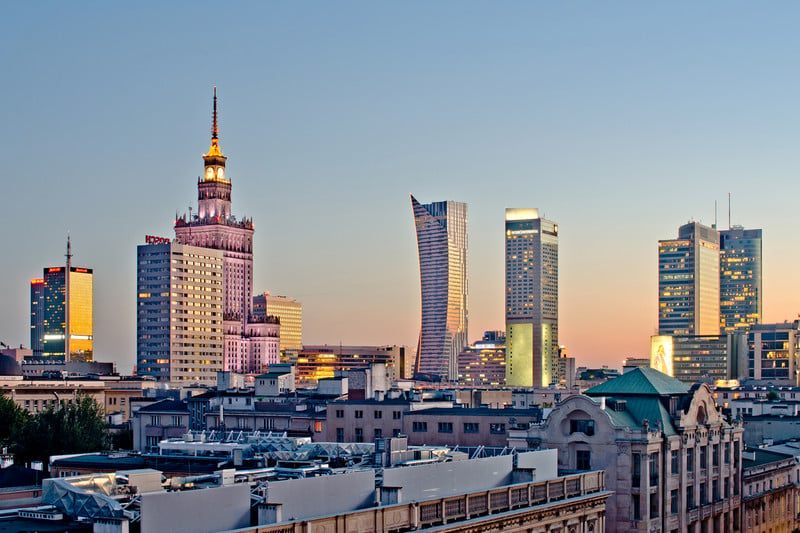
The Polish foreign ministry will on Thursday (10 September) host a donors’ conference in Warsaw for a project aimed at countering Russian propaganda.
Polish media says delegates from 35, mostly European, states, but also from Canada and the US, are to take part at the level of ministers and deputy ministers.
The initiative was born out of a Dutch-funded study by the European Endowment for Democracy (EED), an EU-linked foundation in Brussels.
The Netherlands already paid €500,000 for the EED report in reaction to Russia’s disinformation campaign on who shot down flight MH17 in Ukraine last year, killing hundreds of Dutch nationals.
It has pledged another €1.5 million for the scheme, while Poland has pledged €1 million.
The Warsaw meeting is to be followed up by a second donors’ conference in the Netherlands in the near future.
The EU foreign service, in a separate project, has also put together a new communications cell of what one EU official has called “myth-busters”, which is being led by Giles Portman, a seconded British official.
The EED had initially considered launching a new TV broadcaster.
But lack of funds, as well as questions on who would control the enterprise, led it to instead propose what its staff call a “content factory” – the production of Russian language material, aimed primarily at the internet in former Soviet countries on the EU fringe, such as Moldova, which can be used by existing media outlets.
It has also proposed creating a new “centre of excellence” to train Russian-language journalists.
Bert Koenders, the Dutch foreign minister, told press in Brussels in July the content factory will “give the tools and the capacities for Russian language [media] and Russian social media to work on the basis of objective information … with the exchange of different viewpoints”.
Grzegorz Schetyna, his Polish counterpart, said it will be “something which doesn’t use the language of propaganda, of aggression, but which has real, reliable information”.
He added that the first material is to be available early next year.
By Andrew Rettman, EUobserver





